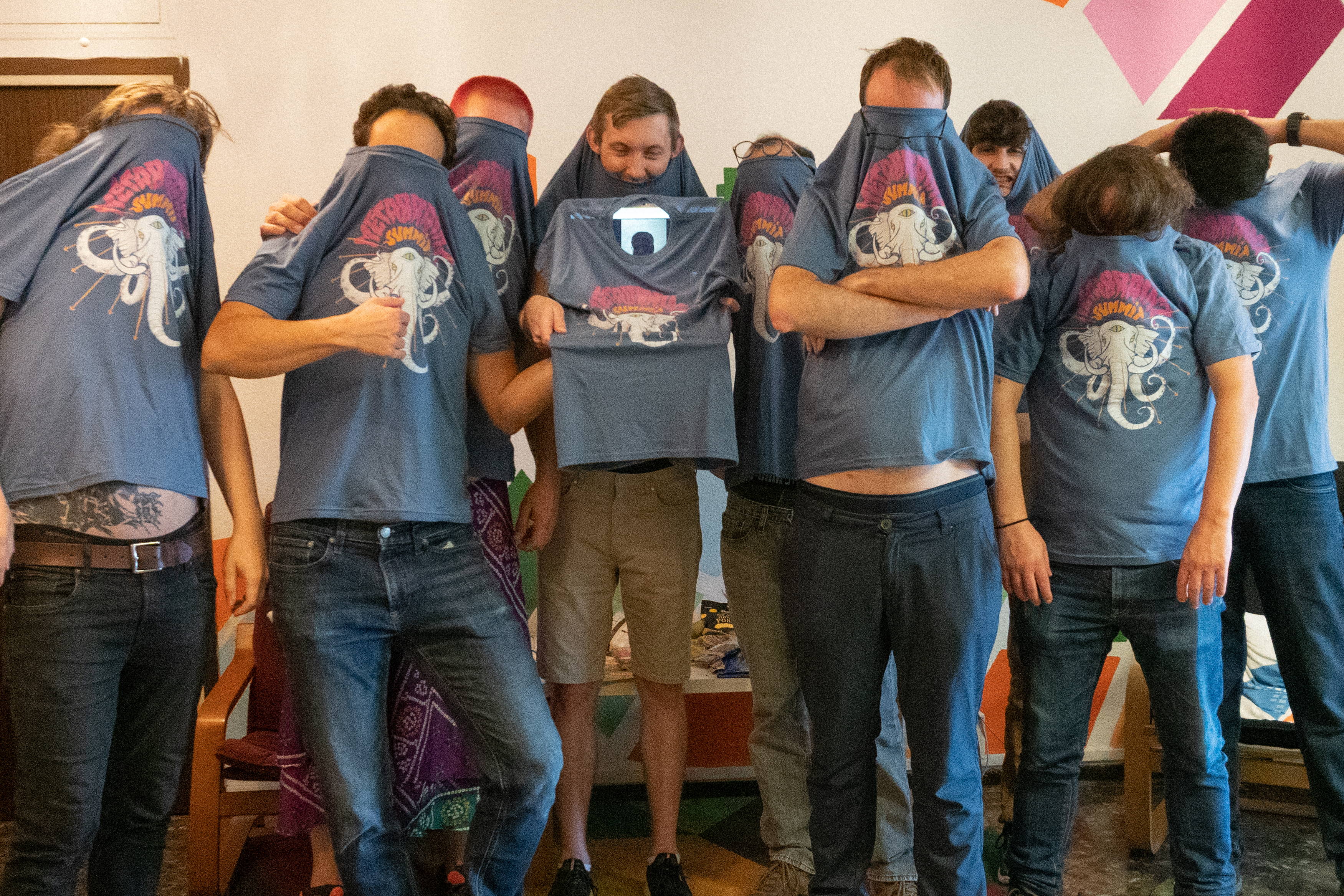Today (Monday, May 13) at 17:00 UTC (10am PT, 1pm ET, 7:00pm CEST), we’ll be:
- Upgrading our production database server to PostgreSQL v16.
- Performing the MusicBrainz schema change upgrade.
See the previous announcement on this topic for more information.
Expect MusicBrainz and services that depend on its database (MetaBrainz, ListenBrainz, the Cover Art Archive, CritiqueBrainz, BookBrainz) to be down for the hour, but we’ll be working to restore services as quickly as possible.
Afterward, we’ll post instructions here on how to upgrade your MusicBrainz mirror server (whether using musicbrainz-docker or otherwise).
P.S. The initially announced upgrades for MusicBrainz search engine are just about to reach our beta website, and thus are postponed for mirrors too.



